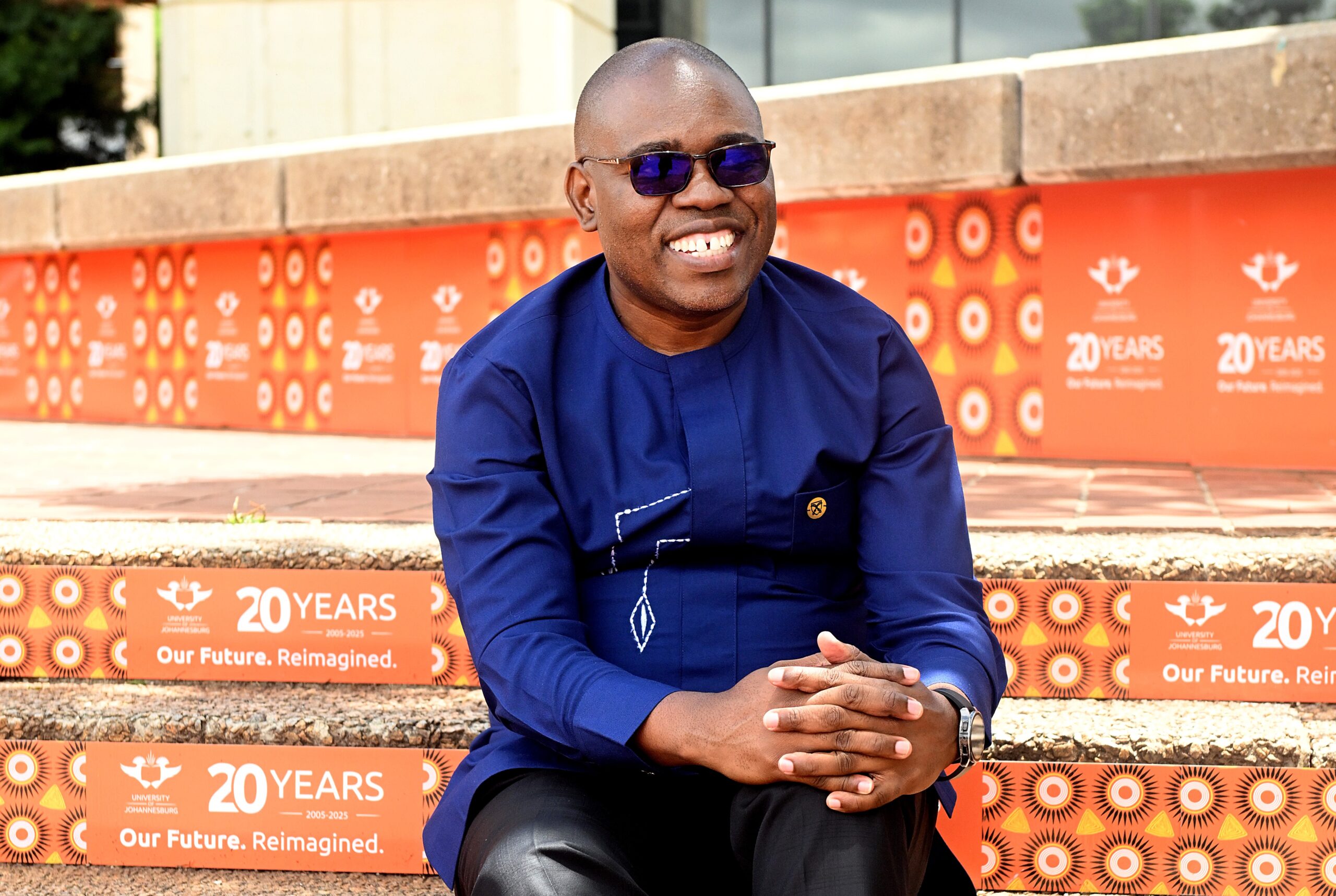Study overview and objectives
In 2020, the Centre for Social Development in Africa (CSDA) at the University of Johannesburg (UJ) launched an innovative four-year study to assess child well-being and enhance social and learning outcomes. This research project tracked 242 children in their foundational years (Grade R – 3) from five schools in disadvantaged areas of Johannesburg and one rural school in Moutse Village, Limpopo. The study aimed to identify transformative solutions for improving child well-being by strengthening social support systems and providing integrated health, education, mental health, and welfare services to at-risk children and their families.

Key findings and recommendations
The study findings underscore the critical need to enhance school-based support services, which are currently insufficient. Researchers advocate for increased investments in these services to disrupt cycles of intergenerational disadvantage through early interventions. Such interventions have the potential to yield long-term benefits, including higher employability, increased income, and improved overall well-being later in life. The project fostered collaboration among teachers, social workers, nurses, and educational psychologists within a Community of Practice (CoP) across various sectors and disciplines.
Symposium and presentation highlights
On 11 and 12 June 2024, the CoP research team hosted a symposium titled “Investing in the Early School Years” to share lessons learned from their study. The symposium featured a synthesis of findings from various sub-studies, with presentations and discussions focusing on lessons learned, challenges encountered in real-world settings, and strategies for enhancing learning and child well-being outcomes. UJ’s Professor Jace Pillay (the South African Research Chair in Education and Care in Childhood and UNESCO Chair in Mental Health and Psychological Support for Teachers and Learners) presented findings on school staff awareness of the Integrated School Health Policy (ISHP) and the biggest mental health challenges that children and families face.
Challenges and strategic interventions
Prof. Pillay’s research identified top family-related psychosocial stressors, including poverty, malnutrition, absent parents, domestic violence, and parents’ physical and mental health. Children also face challenges such as gangsterism, bullying, stigma, substance abuse, sexual abuse, gender-based violence, teenage pregnancy, ADHD, learning disorders, and the impacts of Covid-19. Despite ISHP regulations, teachers in under-resourced government schools are not sufficiently equipped to address learners’ psychosocial challenges. Prof. Pillay and his team mapped policies and procedures to address these issues and identified necessary partnerships and resources.
Enhancing awareness and support
In his presentation, Prof. Pillay emphasised that while some staff recognize the importance of learner mental health, greater emphasis is placed on physical health concerns related to feeding schemes and medical health. He stated, “Despite the policy, psychosocial issues are still a problem in schools. Schools are under-resourced; there is not enough available for teachers and learners to support their psychosocial needs.” High learner-to-teacher ratios exacerbate this situation, reducing learner trust in teachers and resulting in learners not approaching teachers for support.
Prof. Pillay shared key recommendations for improving ISHP awareness among teachers and school staff, suggesting the entire curriculum, including life orientation, should encourage learners to share psychosocial challenges. He added, “The Department of Basic Education must make psychosocial support more visible in schools, which could be achieved with workshops and educational communications materials like pamphlets.” He also highlighted the importance of transparent school support structures and equipping staff with the necessary tools.
Emphasising care and resources
In closing, Prof. Pillay stated, “We should use a social justice framework to maintain the dignity of children at all times. We need to have education in care. Teachers need to be taught how to care for our children’s psychosocial needs. We also need care in education – if there are no resources, not enough teachers, then we are not demonstrating the care that needs to happen in the context of our schools.” His research highlights that early interventions are crucial to safeguarding children’s well-being and enabling their success. South Africa is grappling with a worsening economic and social crisis, making the reimagining of school-based support services essential for enhancing children’s social and learning outcomes.



